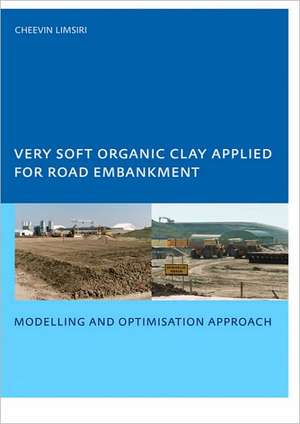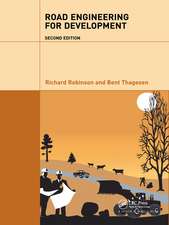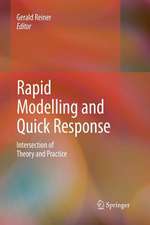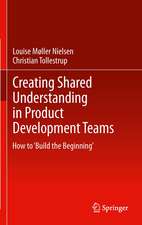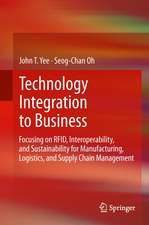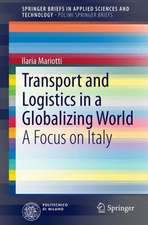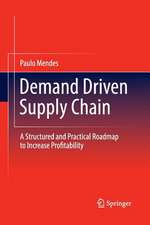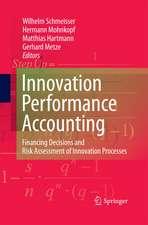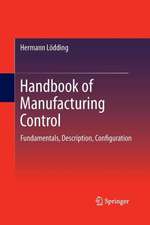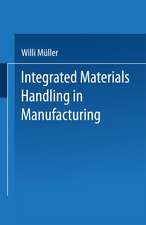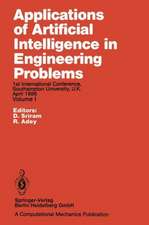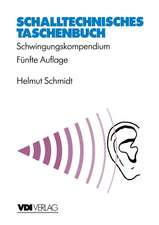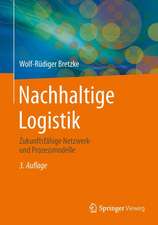Very Soft Organic Clay Applied for Road Embankment: Modelling and Optimisation Approach, UNESCO-IHE PhD, Delft, the Netherlands
Autor C. Limsirien Limba Engleză Paperback – noi 2008
| Toate formatele și edițiile | Preț | Express |
|---|---|---|
| Paperback (1) | 483.75 lei 6-8 săpt. | |
| CRC Press – noi 2008 | 483.75 lei 6-8 săpt. | |
| Hardback (1) | 1015.04 lei 6-8 săpt. | |
| CRC Press – 13 noi 2017 | 1015.04 lei 6-8 săpt. |
Preț: 483.75 lei
Preț vechi: 679.50 lei
-29% Nou
Puncte Express: 726
Preț estimativ în valută:
92.56€ • 97.16$ • 76.83£
92.56€ • 97.16$ • 76.83£
Carte tipărită la comandă
Livrare economică 10-24 aprilie
Preluare comenzi: 021 569.72.76
Specificații
ISBN-13: 9780415384872
ISBN-10: 0415384877
Pagini: 166
Ilustrații: 20 b/w images, 6 color images, 20 tables and 10 color tables
Dimensiuni: 178 x 254 x 10 mm
Greutate: 0.34 kg
Ediția:1
Editura: CRC Press
Colecția CRC Press
ISBN-10: 0415384877
Pagini: 166
Ilustrații: 20 b/w images, 6 color images, 20 tables and 10 color tables
Dimensiuni: 178 x 254 x 10 mm
Greutate: 0.34 kg
Ediția:1
Editura: CRC Press
Colecția CRC Press
Notă biografică
Cheevin Limsiri (1960) obtained his B.Eng. in Civil Engineering in 1982 at the Kasetsart University, Thailand and thereafter joined the Port Authority of Thailand. In 1987 he was awarded the Master of Engineering Degree in Civil Engineering from Chulalongkorn University, Thailand. In 1995 he joined Vongchavalitkul University in Thailand as head of the Civil Engineering Branch. He lectured hydraulic engineering, highway engineering and foundation engineering courses. During the period 2000-2007 he has undertaken the PhD research supervised by UNESCO-IHE Institute for Water Education, Delft, the Netherlands.
Cuprins
Acknowledgement, Summary, Samenvatting, Contents, 1. Introduction, 2. Soil improvement methods considered, 3. Construction equipment and cost analysis, 4. Optimisation, 5. Optimisation analysis, 6. Field test, 7. Main findings and outlook, References, Appendixes, About the Author
Descriere
In this book strategies for using very soft organic clay as a fill material for road embankment constructions are compared, and an optimisation scheme is presented. Computer programs for simulation of evaporative drying, for simulation of consolidation, and for slope stability calculation were used to analyse clay behaviour. Field and laboratory testing programs for a trial embankment were set up in order to study the relations of parameters, to examine suitability and workability of the clay, and to verify the improvement methods. An optimisation technique was applied as a rational method for using very soft organic clay for road embankments leading to an economic construction. Also recommendations are presented based on a rational method for conditioning and emplacing very soft organic clay in a safe and economic way.
